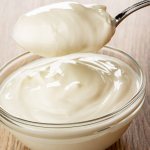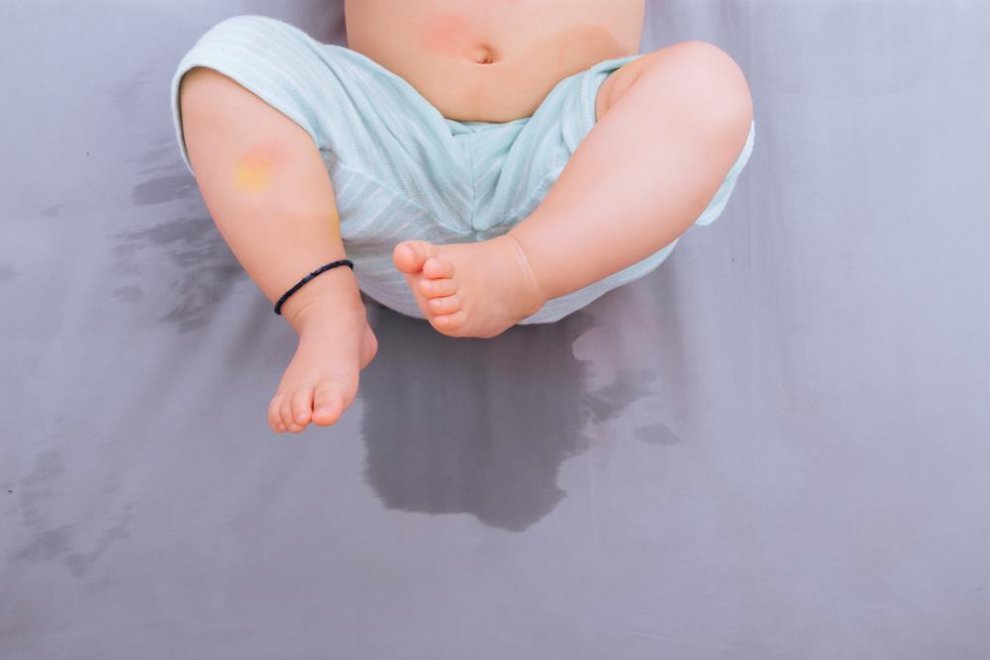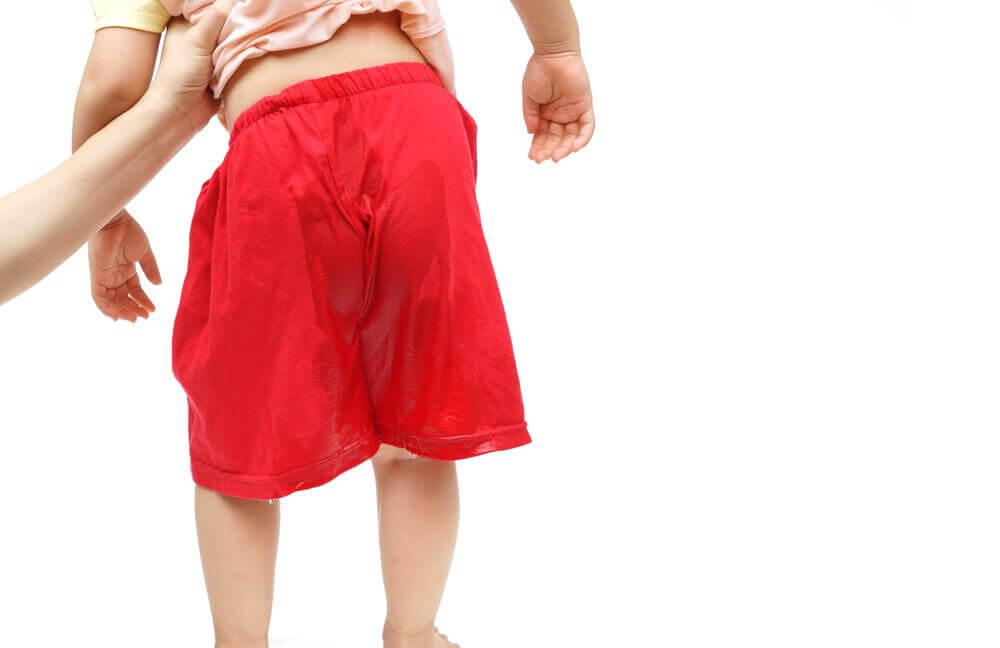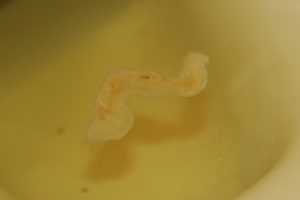A urination which occurs involuntarily at night while asleep is known is nocturnal enuresis, usually kids under 5-6 years of age have involuntary urination at night while as they grow older, the urination is quite a voluntary action as bladder is under a conscious control.
When the kids of over 6-7 years of age urinate in bed, it is called nocturnal enuresis. It is probably a time when parents need to worry and look for the treatment so that their kid is free from embarrassment and anxiety. The best thing parents can do is to motivate their kids and share the experiences to boost up the moral support. It can be therapeutic for a kid to acknowledge that their family members also had this history earlier in their lives.
Bed wetting (Nocturnal enuresis) of a kid is mostly related to immaturity, there is no specific age for your kid to control bladders especially while night sleep. Control of a bladder is a complex process and usually involves combined muscular action, nerves and spinal cord along with brain involvement. Normally kids under 6 years of age get conscious control over urination; however, if a kid exceeds 7 years of age and still is found to urinate at night, this is a time where you must consult a pediatrician.
This habit can be primary and secondary, primary bed wetting is a case where child has no control over night time urination. While the secondary bed wetting is a condition where a kid has a partial control over urination and wets the bed after few months. Psychological stress can cause secondary bed wetting and it may also be caused because of constipation or obstruction of urinary tract. You need to consult your doctor for the evaluation of secondary nocturnal enuresis.
Contents
Causes of bed wetting (nocturnal enuresis):
The exact cause of nocturnal enuresis is still unknown, but there are several factors which contribute to this condition.
- Child with small bladder which is not capable of holding urine in large quantity during night.
- Late maturity of nerve that controls the bladder, when the nerve is not mature, even a full bladder might not be able to wake your kid up for urination.
- Hormonal imbalance is one of the main causes of nocturnal enuresis, a hormone called anti-diuretic is not produced in sufficient quantities and hence kid keeps on producing urine in larger quantities at night.
- A minor infection in urinary tract can cause frequent night urination, red or pink urine and painful urination is a symptom of urinary tract infection.
- Sleep apnea is also caused by inflammation of tonsils or other sinus infections. It can also contribute to bed wetting.
- Diabetes is another cause of bed wetting (Nocturnal enuresis) and it must be taken as a first sign of diabetes in a kid.
- Chronic constipation can cause nocturnal enuresis.
Risk factors involved in wetting the bed:
There are several risk factors associated when kids wet the bed:
- Bed wetting is more common in boys as compared to girls.
- The family history matters a lot, if any of the parents had bed wetting issues earlier; there is more chance of a kid to suffer from this situation.
- Bed wetting is more frequent in kids who have ADHD.
How to cope up:
There are certain products which you can buy for your kid to cope up with nocturnal enuresis:
- Underpants which have high absorption.
- Sleep bag liners.
- Moisture sensitive alarms that will ring as soon as the kid begins to urinate.
- Do not talk about your kid’s nocturnal enuresis in front of others; it can be embarrassing for your kid.
- Ask your kid not to take any fluid two hours before going to bed.
Treatment options when your kids wet the bed:
Variety of treatment options can be utilized, for example, moral support, and alarm therapy, the use of desmopressin acetate or imipramine. It is however more difficult to treat non-symptomatic nocturnal enuresis.
Custom treatment methods:
Some old practitioners used the method of bladder training exercises, in this treatment, a kid is asked to drink in 2-3 glasses of water so as to allow bladder to get full of urine and a kid is then asked to hold it for some time. But there are certain flaws in this method as holding urine for a long time can cause some irreversible bladder problems which can rather worsen the situation. Furthermore, no marked improvement is seen in this case as well, hence this method is not recommended anymore.
Nocturnal enuresis is not a condition which needs surgical invasion, also it is not recommended for kids under 6-7 years of age. On the other hand, if your kid is suffering from ectopic ureter as well OSA (obstructive sleep apnea) the surgical invasions can be fruitful. If you suspect any of this condition it is highly recommended to talk to pediatrician.
Moral support and positive attitude is a best option:
Don’t punish your child or embarrass him for this habit, it has been proven that positive attitude of parents can be a motivational support for a kid and has been fruitful a lot in the treatment of nocturnal enuresis. Your positivity can build more confidence in the kid to overcome this issue. Behavioral adjustment with encouraging feedback may improve treatment comes about. Steady follow-up is vital to evaluate restorative results.
Behavioral modification with positive reinforcement may enhance treatment results. Consistent follow-up is important to assess therapeutic results. Parents should encourage kids to spend few minutes in washroom before going to bed. This will empty the bladder and lessen the chances of urination while asleep. One of the effective options is to minimize the uptake of liquids, two hours prior to bed time.
Alarm therapy:
Alarm therapy is most recommended as it has been proven effective. Alarm therapy can lessen bedwetting by enhanced arousal while it does not reduce output of urine. For Alarm therapy, various alarms are available; the alarms are attached to underwear at the bed time in such a way to allow punctual sense of wetting. Many kids however will not wake up with the alarm, they often stop urinating. Parents are advised to take their kids to washroom once the alarm rings and change the underwear of their kids before sending them to bed again and then reset the alarm again.
Pharmacologic therapy for bed wetting (nocturnal enuresis):
Several pharmacologic therapies have now been developed to treat nocturnal enuresis. Some of the most effective medicines used to treat this condition are:
Desmopressin acetate:
When the condition is not successfully controlled with motivational therapy and alarm treatment, the pharmacologic therapy is applied which includes the use of Desmopressin acetate. It considerably reduces bedwetting, it has been estimated that kids using desmopressin had lesser wet nights. Desmopressin acetate pills are recommended one hour before bed time, the initial dose of 0.2 mg is administered while physician can increase the dose to 0.6 mg for better results. The drug is safe to use as it has rare side effects.
Anti- cholinergic agents:
For the patients with hyperactive bladder, the anti-cholingeric medicines are effective. These medicines are proven to lessen urination at night. These medicines also enlarge the capacity of bladder. The most commonly used medicines are Oxybutynin chloride and tolterodine. The drug oxybutynin chloride is anti-spasmodic and analgesic in action. The drug however can cause some adverse effects like dryness of mouth, flushing of face, blurred vision, and frequent mood swings; constipation etc. out of all these adverse reactions, constipation is likely to be highly problematic as it can cause increased risk of wetting the bed. When a kid is suffering from fever, the drug must be discountinued as anti-cholingeric medicines can reduce sweating and hence it might worsen the fever.
Oxybutynin is given at doses of 2.5 to 5 mg before sleep time. The other medicines used are Flavoxate, tolterdine but they are not recommended for the kids who are less than 12 years of age.
Imipramine
Imipramine is proven highly effective in the treatment of bed wetting. It has been observed via survey that kids given imipramine had few wet bed per week. The recommended dose is administered one to two hours before going to bed. The medicine however is associated with certain side effects like constipation, face flushing, dryness of mouth, dizziness, and loss of appetite. Due to worst effects of the drugs, world health organization has recommended not to use it.











